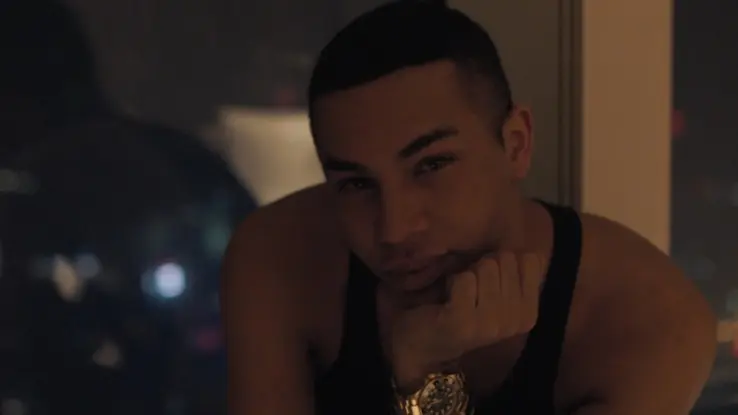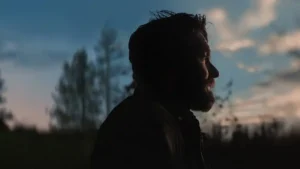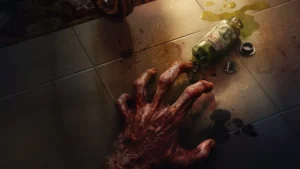Summary
Absorbing and, at times, deeply moving.
Netflix documentary Wonder Boy was released on the streaming service on June 26, 2021.
In French, he told the weathered caseworker going over his adoption file, “When you are adopted… You make up stories, especially being a person of color in a white family. I imagined many things, but some are dreams as some are nightmares.” What starts as somewhat of a puff piece of a famous fashion designer takes a turn that’s often surprising and sometimes deeply moving. This is something different from the behind-the-scenes look of a celebrity. Netflix’s Wonder Boy morphs into a journey about identity.
French fashion designer Olivier Rousteing is already accomplished so much. By age 35, he has risen to the top of the Balmain brand as the artistic director. We see him living in a lavish home, often sitting around on his phone or eating alone. As lonely as the day he was dropped off at the orphanage by a mother he never knew.
As the film moves along, we start to understand Rousteing more and more. He starts to jam out to Indochine, a new wave French rock band, back seat dancing. He’s seemingly enjoying the music, and asks his driver if anyone can see him through the windows. He is reassured no one can see him.
In the next scene, the music is even louder, and the window is rolled halfway down. As if to say, he will not only be seen but also heard, just like any member of the LGTBQ+ community who has also been adopted and forced to grow up in a white family as a person of color (his words). You can’t just hide him and pretend he didn’t exist.
Child abandonment can do wonders for a child’s development. Rousteing knew from a young age he was out of place. He’s a complex subject. Adolescents who know at a young age their sexual orientation have a greater sense of identity.
Yet, he has become a quandary. Being able to take a step forward by the acceptance of loving adoptive parents, but always knowing the cultural void that has made him feel out of place. The truth is he was fortunate to be taken in, but that doesn’t mean there still isn’t room to grow (he describes his parents as very liberal). Yet, how can it not be a shock that he was born out of wedlock to a 15-year-old Somalian girl and a father who was 25? He could have spent this entire life hating his birth parents, only to now let it sink it he was the result of statutory rape.
Is it that surprising Rousteing has become a fashion designer? Outfitting women in high-end French designs who are very tall and slim, just like the features of his birth mother. Beautifying a world that he grew up in that always felt dark and bleak. And did you notice he is jamming out to a French song that his mother was probably doing the same too since it debuted only 2 years before he was born? If you think that’s pop-psychology, you may be right. But read the last line on the screen before the film’s credits and tell me I’m wrong?
Is Wonder Boy not a puff piece? Well, it kind of is, even though I admit it is much more than meets the eye. It’s not cinéma vérité, there is a narration, and there are times he talks into the camera. Not to mention, what you call faux vérité, the film tends to do what reality television does — act like no one is in their bedroom while they sleep or look at their phone. The film style also doesn’t exactly tend to show a “warts and all” complete picture of Rousteing.
Annissa Bonnefont (The Informer) does a fine job capturing moments of the unique human experience to the unique focus of the film. How Rousteing covers up the pain, he still experiences over his abandonment with a playful cockiness. Or the way he is remarkably an open book. The best moments are by letting us see the raw emotion he experiences in real-time. Though, nothing gets in the way of his constant drive for creative perfection.
Wonder Boy isn’t a perfect documentary, but it has patience that lends to its absorbing and cohesive experience at a sparse 82 minutes. Bonnefont’s film has a great sense of its subject. The almost aimless existence he experiences outside his work by having never uncovered his roots until now and his achievements despite his circumstances.
What did you think of the Netflix documentary Wonder Boy? Comment below.




